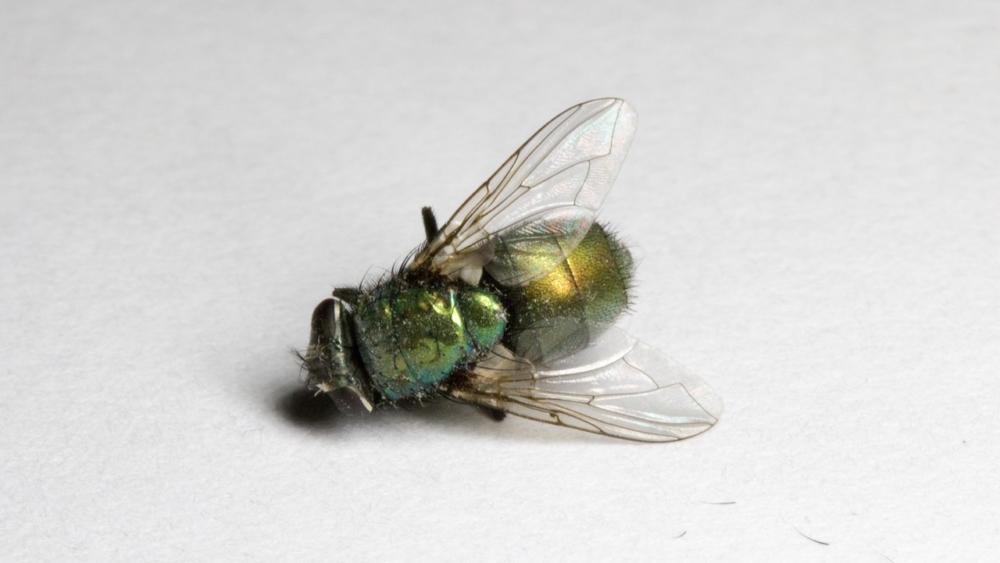Politicians dropping like flies
What a week in politics reveals about better representation
It’s been a pretty horrendous week in the federal election campaign, with revelations of inappropriate behaviour by election candidates leading to resignations and apologies.
Yesterday, Christian Liberal party candidate for Wills Peter Killin resigned after it was revealed he affirmed and responded to a comment thread on US right-wing Christian blogger Bill Muhlenberg’s website. The thread discussed (retrospectively) the best way for the LNP grassroots to exclude Christian, gay MP Tim Wilson – the LNP member for Goldstein – in the party’s preselection process.
Why should the average Aussie voter trust our politicians?
On the same day, LNP candidate for Isaacs, Jeremy Hearn, resigned following revelations he made Islamophobic comments on Quadrant Online on February 14.
One Nation’s senate candidate, Steve Dickson, also resigned after footage emerged of him groping dancers and making derogatory and racist comments about women in a Washington D.C. strip club.
One Nation party candidate for the north Queensland seat of Leichhardt, Ross Macdonald, also came under fire for inappropriate, sexualised social posts on his Facebook profile.
On the left side of politics, Labor candidate for Melbourne, Luke Creasey, was also forced to apologise for his Facebook content which included: a post that linked to pornography; a meme containing a slur on the working classes; and a rape joke meme riffing off Carly Rae Jepson hit Call Me Maybe – “Hey I just met you, if you don’t date me, you’ll go to prison, I’ll say you raped me.”
And Wayne Kurnorth, Labor’s Northern Territory senate candidate, also resigned this week when it was revealed he had shared antisemitic conspiracy theories, along with an Islamic State-themed meme online.
On the one hand, the week has achieved exactly what an election campaign period needs to. We have witnessed a period of intense scrutiny for potential governmental candidates prior to Australians giving them their vote. After all, if successful in their candidacy, these are the people who will be entrusted with the task of drafting, debating about and passing legislation.
On the other hand, the dismal display has fuelled concerned questions about whether our politicians generally represent the best and the brightest Australia has to offer. And if not, why should the average Aussie voter trust them?
The question of trustworthiness was the first off the ranks in this week’s ‘Leaders Debate’ between Prime Minister Scott Morrison and Opposition Leader Bill Shorten, with Seven News’ Political Editor, Mark Riley, saying: “Trust, gentlemen, a small word with a very large impact on voters’ minds.” Riley went on to ask each why voters should trust them.
“You want people to have equal opportunities to get involved.” – Natasha Stott Despoja
Former Senator and Australian Ambassador for Women and Girls Natasha Stott Despoja spoke to the same problem recently when ‘The Good Vote’ podcast host Mel Wade asked her about female representation in politics.
Mel: We need our representatives to represent everyone equally, but do we really need equal numbers of men and women in parliament for women to be represented?
Natasha: I think it’s a really good question because you sort of say, “Well hang on, does everything have to be proportional? [With] every group in society to make it fair?”
… You start from the premise “Should there be any boundaries, any discriminations for anyone to get into, say, a parliamentary system?” Or any other institution, for that matter. And, of course, you don’t want that. You want people to have equal opportunities to get involved. Some people will, some people won’t, but provided people have that choice, that’s a good starting point.
I do think that we will have more support for, and hold in higher esteem, our elected representatives if we look at the chambers and go “Hey, you know what? That person reminds me of me” or “That person knows my background” or “Someone there has got a lived experience of something I’ve had” – be it disabilities, or an Aboriginal and Torres Strait Islander background, or maybe is a younger person, or an older person.
And once you start to see that reflected, that actually adds not only to the quality of decision-making, but it means that some of us will go, “It’s not just an institution for, say, older white men in suits – because it once was, and still to this day there’s a preponderance of people from a very small sliver of the Australian community. So, you know, fifty-fifty? Maybe not. Proportional? Well, hang on, 52 per cent of the population’s females, so maybe we should have a few more seats, I don’t know, we’ll see what happens!
After a week in politics when these “older white men in suits” – and even some of the younger ones – have been dropping like flies, taking the average Australian voters’ enthusiasm for politics with them, this conversation about who represents us seems especially pertinent.


